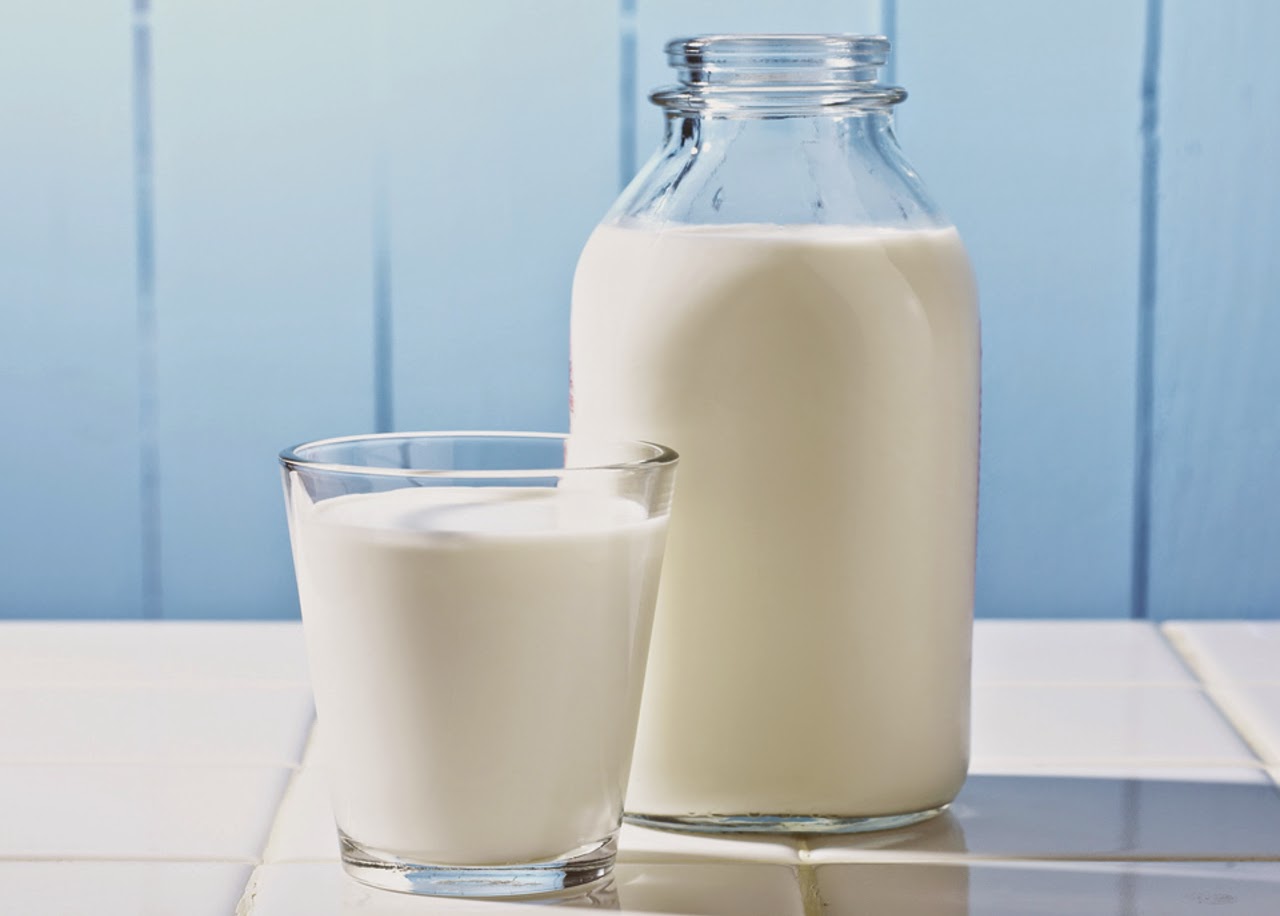The Ultimate Guide To Milk: Benefits, Types, And Nutrition
Milk is one of the most consumed beverages in the world, known for its rich nutritional profile and versatility. It serves as a staple in many diets across different cultures and is often referred to as a superfood. In this comprehensive guide, we will delve into various aspects of milk, including its benefits, types, and nutritional value. By the end of this article, you will have a deeper understanding of why milk is an essential part of our diet.
Milk has been a fundamental part of human nutrition for centuries, providing essential nutrients that support growth and development. From childhood to adulthood, milk offers a wide array of health benefits that can enhance overall well-being. Whether you prefer cow's milk, goat's milk, or plant-based alternatives, each type brings unique advantages to the table.
In this article, we will explore the different types of milk available, their health benefits, and how to incorporate them into your daily diet. We will also touch upon the controversies surrounding milk consumption, including lactose intolerance and dietary preferences. Get ready to discover everything you need to know about milk!
Table of Contents
- Benefits of Milk
- Types of Milk
- Nutritional Value of Milk
- Incorporating Milk into Your Diet
- Lactose Intolerance and Alternatives
- Myths and Misconceptions about Milk
- Milk in Different Cultures
- Conclusion
Benefits of Milk
Milk is often lauded for its numerous health benefits. Here are some of the most significant advantages:
- Rich in Nutrients: Milk is an excellent source of calcium, protein, vitamins D and B12, and potassium.
- Bone Health: The calcium and vitamin D in milk contribute to strong bones and teeth, reducing the risk of osteoporosis.
- Muscle Growth: The high-quality protein in milk aids in muscle development and recovery.
- Hydration: Milk is composed of about 87% water, making it a good option for hydration.
- Weight Management: Some studies suggest that milk consumption may help with weight management and fat loss.
Types of Milk
There are many types of milk available in the market, each with its unique flavor and nutritional profile.
Cow's Milk
Cow's milk is the most commonly consumed type of milk. It is available in various fat percentages, including whole, 2%, 1%, and skim milk.
Goat's Milk
Goat's milk is often easier to digest than cow's milk and has a distinct flavor. It also contains slightly higher levels of certain nutrients.
Plant-Based Milk Alternatives
For those who are lactose intolerant or following a vegan diet, plant-based milk alternatives such as almond milk, soy milk, and oat milk are popular choices. These alternatives can be fortified with vitamins and minerals to enhance their nutritional value.
Nutritional Value of Milk
Milk is a powerhouse of nutrients. Here is a breakdown of the nutritional value of one cup (240 ml) of whole cow's milk:
| Nutrient | Amount |
|---|---|
| Calories | 150 |
| Protein | 8 grams |
| Fat | 8 grams |
| Carbohydrates | 12 grams |
| Calcium | 276 mg |
| Vitamin D | 2.5 mcg |
Incorporating Milk into Your Diet
There are countless ways to enjoy milk as part of a balanced diet:
- Add milk to your morning cereal or oatmeal.
- Use milk in smoothies for a creamy texture.
- Incorporate milk into sauces and soups for added richness.
- Enjoy a glass of milk as a post-workout recovery drink.
Lactose Intolerance and Alternatives
Lactose intolerance affects a significant portion of the population, leading to digestive discomfort when consuming dairy products. However, there are several alternatives available:
- Lactose-Free Milk: This type of milk has the lactose removed, making it easier to digest.
- Plant-Based Milks: Almond, soy, coconut, and oat milk are excellent alternatives for those avoiding dairy.
Myths and Misconceptions about Milk
There are many myths surrounding milk consumption. Here are a few common misconceptions:
- Myth: Milk causes acne.
Fact: While studies are inconclusive, some individuals may experience acne flare-ups related to dairy consumption. - Myth: Everyone is lactose intolerant.
Fact: Lactose intolerance varies among individuals and is more common in certain ethnic groups.
Milk in Different Cultures
Milk plays a significant role in many cultures around the world:
- India: Milk is sacred and used in various religious rituals, as well as in traditional dishes like paneer.
- Middle East: Yogurt and cheese are staples in the diet, often made from goat or sheep's milk.
Conclusion
In summary, milk is a nutritious beverage that offers numerous health benefits. Whether you choose cow's milk, goat's milk, or plant-based alternatives, incorporating milk into your diet can enhance your overall well-being. If you have any questions or comments about milk, feel free to leave them below. Don't forget to share this article with others who may benefit from this information!
Thank you for reading, and we hope to see you again for more informative articles!
Joey Galloway: A Comprehensive Look At The Life And Career Of A Football Legend
Health Benefits Of Bitter Cola: Unlocking Nature's Remedies
Exploring The Life And Career Of Charlotte Lavish


